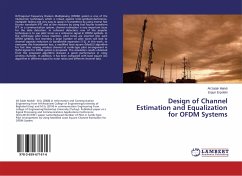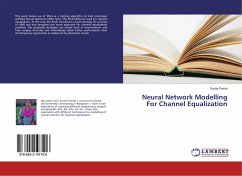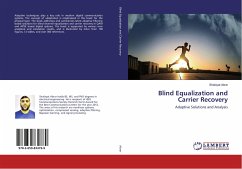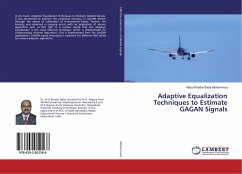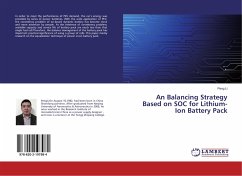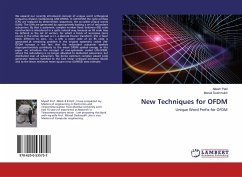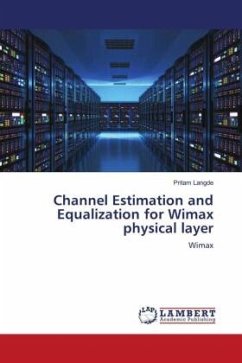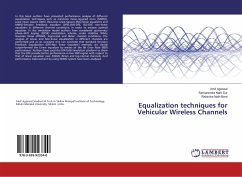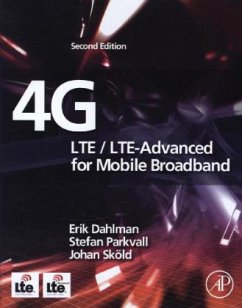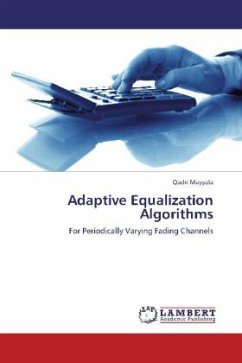
Adaptive Equalization Algorithms
For Periodically Varying Fading Channels
Versandkostenfrei!
Versandfertig in 6-10 Tagen
32,99 €
inkl. MwSt.

PAYBACK Punkte
16 °P sammeln!
Digital transmission systems such as voice and video communications are superior to analog transmission in mainly due to its higher reliability in noisy environments. However, a majority of digital communication transmission is faced with a common phenomenon known as intersymbol interference (ISI). In this case, the received data (pulses), which correspond to different symbols, are not completely separated. They are smeared out and the separation depends on the transmission media which causes the ISI. The transmission media are mainly cable lines or cellular communication. Traditionally, eithe...
Digital transmission systems such as voice and video communications are superior to analog transmission in mainly due to its higher reliability in noisy environments. However, a majority of digital communication transmission is faced with a common phenomenon known as intersymbol interference (ISI). In this case, the received data (pulses), which correspond to different symbols, are not completely separated. They are smeared out and the separation depends on the transmission media which causes the ISI. The transmission media are mainly cable lines or cellular communication. Traditionally, either static or dynamic (adaptive) equalizers solve the problem of amplitude and phase dispersion that results in ISI of the received signals. Hence, it is clear that careful equalization is required whenever we need to employ a reliable digital transmission system. This book explores two existing adaptive equalization algorithms, namely, exponentially weighted basis function (EWBF), gradient basis function Gradient-BF, and contributes by proposing a new efficient BF estimator termed as recursive inverse basis function (RIBF).Furthermore, a frequency-adaptive version of RIBF estimator is derived.



